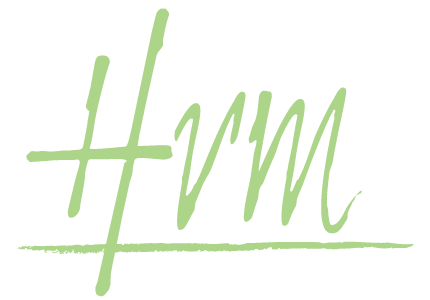Regardless of socioeconomic background, all South Africans will have access to high-quality medical care through the National Health Insurance institution, which finances healthcare. As a result, all South Africans would have free access to high-quality healthcare services at accredited institutions like clinics, hospitals, and private medical practitioners.
On 12 June 2023, the National Assembly approved the National Health Insurance Bill. This happened after more than 15 years of public deliberation and a preliminary review by a special committee in Parliament. The next step is for this committee to investigate the Bill’s subject. They might alter it or even declare it to be unconstitutional. The Bill will be sent to the president for signature if it receives approval from at least five of the nine provinces. If the president is unsure if the Bill is constitutional, he will refer the Bill back to Parliament, or send it to the Constitutional Court. The president will consult legal advice and take into account petitions and submissions before signing.
After the NHI is put into effect, medical aid schemes will only be able to give complementary or top-up cover, which does not overlap with the NHI’s services. They will not be able to provide any of the services that the NHI offers. No co-payments will be required when South Africans use their free NHI coverage for a range of medical needs. It is crucial to remember that section 27 of the Constitution (the right to healthcare) places the State under both positive and negative obligations. Therefore, when adopting NHI in South Africa, a crucial balance needs to be achieved. To gradually realise the right for those who do not have access to healthcare services, there needs to be a positive advancement of the right to healthcare on the one hand. Conversely, the implementation of the NHI cannot retroactively restrict the healthcare access rights of individuals who currently utilise both public and private hospitals and medical plans. Thus, the State must take care to guarantee that the advancement of the right to healthcare does not impede the enjoyment of other rights.
Although the relevant portion of the Bill is widely believed and taken to suggest that medical aid schemes will cease to operate since current members will be required to utilise their NHI, the Bill does provide gap cover. There have been claims that eliminating medical aid programmes and their role is detrimental to universal healthcare because there are simply insufficient resources to meet the needs of every South African and that restricting the freedom to choose to purchase health insurance is unprecedented, inappropriate, and may even amount to a violation of one’s rights, much like using private security or education.
Implementing a national health insurance (NHI) system in South Africa could introduce several significant drawbacks:
Reduced autonomy: Mandatory participation in the NHI limits personal freedom in choosing healthcare providers or insurance plans, impacting individual autonomy.
Equity concerns: The system may inadvertently create a scenario where healthier individuals subsidise the healthcare costs of those with greater medical needs, raising questions about the fairness of healthcare cost distribution.
Increased taxpayer burden: The implementation of NHI is likely to result in higher taxes, placing additional financial strain on taxpayers across various economic backgrounds.
Financial ambiguity: There is uncertainty surrounding the NHI’s financial mechanisms, including how funds will be allocated and managed within the system.
Diminished health incentives: With healthcare costs shared across the population, individuals might have less financial motivation to maintain or improve their health, potentially leading to overall poorer health outcomes.
Potential for unemployment: The restructuring required for NHI implementation could render certain roles within existing medical assistance programmes obsolete, possibly leading to layoffs and an increase in unemployment.
Medical talent migration: The prospect of better opportunities and higher income abroad might prompt medical professionals to emigrate, depleting South Africa’s healthcare sector of essential human resources.
But, for the time being, the private sector will not be nationalised. As a result, South Africans will still be able to register with their preferred healthcare provider and access private clinics, pharmacies, and hospitals.
Reference list:
1. National Health Insurance: All you need to know.
2. https://www.health.gov.za/nhi/
While every reasonable effort is taken to ensure the accuracy and soundness of the contents of this publication, neither the writers of the articles nor the publisher will bear any responsibility for the consequences of any actions based on information or recommendations contained herein. Our material is for informational purposes.
Powered by SucceedGroup
